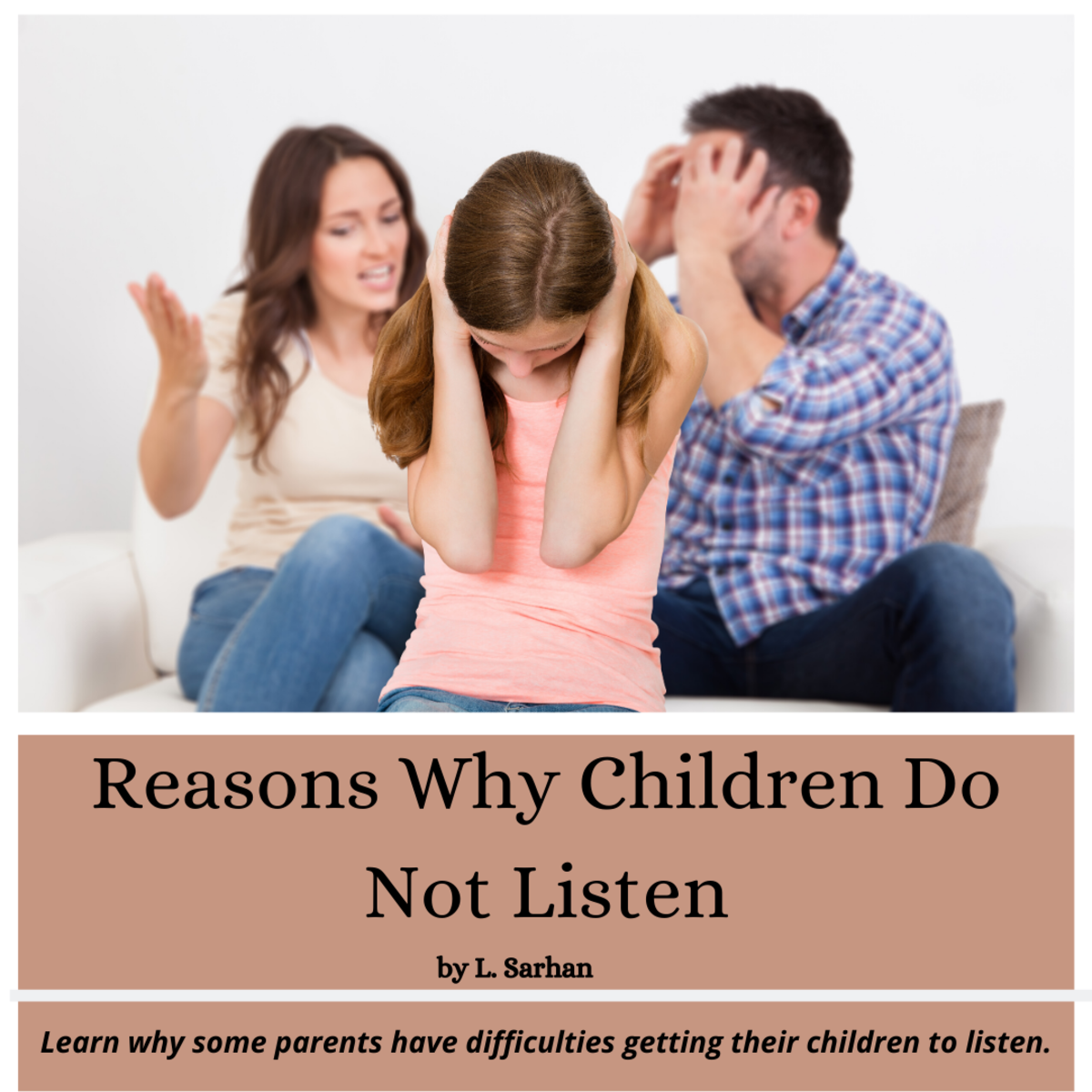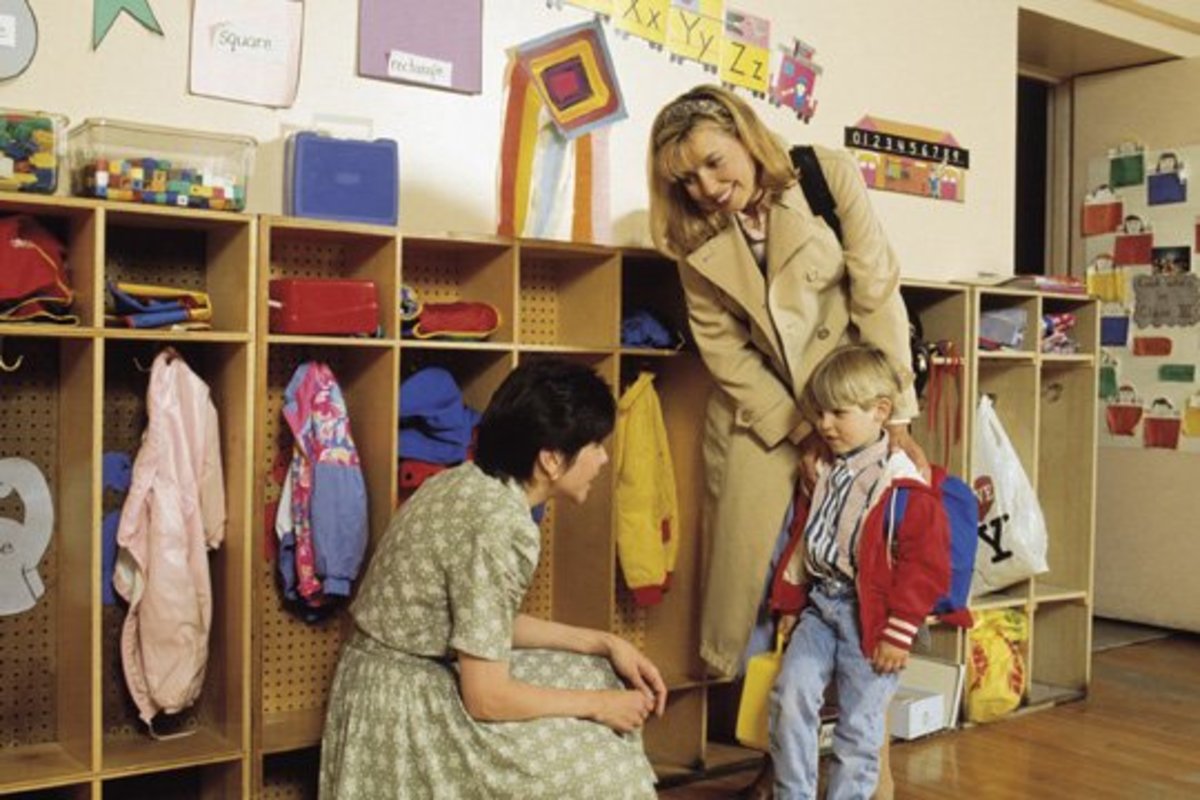Why We Sometimes Need To Let Our Kids Fail

As an educator, it alarms me when I hear news of young kids experiencing severe anxiety and depression. More so, I can almost feel the terrors of parents when they listen to stories of young students committing suicide.
Where did we go wrong? How in the world of modern psychology did our kids grow to suffer a breakdown? Have we become so over-protective not to allow our kids to fail, so they become rigid in disappointments?
Parents who don’t let their kids fail
Parents are parents, and you can’t blame them when what they only want is to protect their kids from pain. Fathers and mothers keep an eye on their mission to help their kids as much as they can to succeed. And they assume that part of their mission is not to let their kids fail.

The helicopter parents
Dr. Haim Ginott, in his 1969 book, Between Parents & Teenagers first used the term “helicopter parent.” The adolescents in the book described their parents who would stay close or hover them, similar to a helicopter. The name was so popular that it became an entry to a dictionary in 2011.
Director of the Center for the Treatment of Anxiety Disorders near Detroit Carolyn Daitch, Ph.D. stated that helicopter parenting indicates to a parenting manner that involves over-focused on their children. Dr. Daitch is also the author of Anxiety Disorders: The Go-To Guide. According to Dr. Daitch, these types of parents grasp too much responsibility for their children’s successes or failures.
The lawnmower parents
Over the past year, there have been more spotlights on the lawnmower parents. They are the progressed level of helicopter parents. Other terms similar to lawnmower parents are “snowplow parents” and “bulldozer parents.”
In countries like Denmark and the Netherlands, they call it the “curling parents.” The term became popular with the scandals of high-profile celebrities apparently accomplishing illegal businesses to facilitate their kids to gain entry into college.
Experts claim that lawnmower parents make it more challenging for their children to perform on their own when they become adults. This style of parenting includes over-engaging into their kids’ lives. Also, it’s not offering their children a chance to discover anything on their own.
A clinical social worker and author of How To Stop Losing Your Sh*t With Your Kids, Carla Naumburg, Ph.D., declares that these parents protect kids from falling, or losing their way, and hitting a wall. Lawnmower parents put themselves out before their kids, so they do everything to clear the path for their offsprings. More so, they do all they can to make sure their children have the most comfortable life possible.
Parenting is never as easy as ABC
At present, we have several preschools with the policy to invite everyone to a birthday party, so no one feels rejected. A lot of children’s parties nowadays avoid the musical chairs game to avoid kids feeling eliminated.
Moreover, sports leagues for younger broods don’t keep score anymore to prevent them from feeling like losers. We only want our kids to feel good about themselves all the time.

The modern world sets pressure on everyone to be winners. And for kids, it’s increasing. So, parents feel duty-bound to empower their kids in every possible way. The sad truth is that we now have more and more children who feel disturbed over even the slightest blunder.
As it is inherent for mothers and fathers to protect their kids from setbacks, the damaging consequence could depress their self-esteem. What’s more, it can cease them to prepare for future problems and adulthood.
Teaching kids the significance of failure and resilience
Lawnmower parents assume that by clearing the path first from obstacles for their child’s journey will craft a better future, it’s quite the contrary. When parents and educators block the child to experience and tolerate failure, the youngster becomes at risk of anxiety.

The pits could lead to breakdowns and disintegrations when one day, these kids experience failure. Sometimes, the breakdowns happen in preschool, others come across it in college. The crucial aftermath is that it can develop despair on your kid and give up trying.
Tolerance to frustration is a fundamental life skill to master. Teaching your kids to accept that failure is also an option will prepare them to succeed in future personal and academic goals according to a clinical psychologist at the Child Mind Institute, Dr. Amanda Mintzer. Also, it teaches the kid to be more independent and how to deal with other people in effect.
NBA legend Michael Jordan emphasizes his speeches all the time the importance of losing. He preaches how persistence and resilience made him a winner on and off the court even with several challenges ahead.
A retired professor of early childhood education and psychology Kim Metcalfe praises parents who allow their kids to experience failure. Metcalfe, also the author of Let’s Build ExtraOrdinary Youth Together, added that these parents develop social and emotional competences and potentials to their kids that remain for a lifetime. These qualities are positive self-image, patience, focus, persistence, self-confidence, self-control, self-sufficiency, and problem-solving.
Final thoughts
Failure is inevitable in life. If our children never learn to accept that it’s an option, they’ll also never understand and achieve that they can bounce back.
When they become adults, they will never appreciate what resilience is all about. Furthermore, they won’t have the proper life skills as an adult to prepare them for more challenges in life.

As a parent and educator, we should take a step back and recognize the severe threats of our children’s journey. As adults, it’s our responsibility to let our kids fail, so they learn how to bounce back through experience. So when the problems get more challenging, they got the courage inside to say, “I can do this!”
© 2019 Miel Reyes








